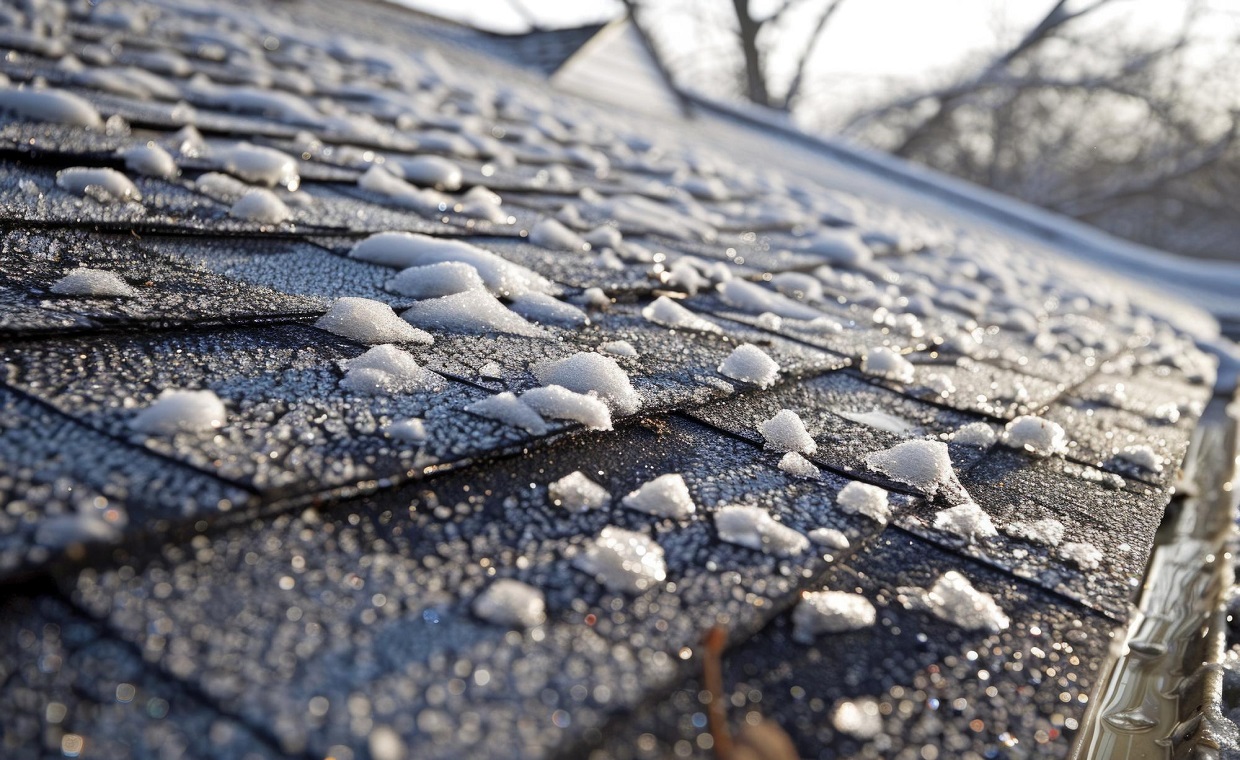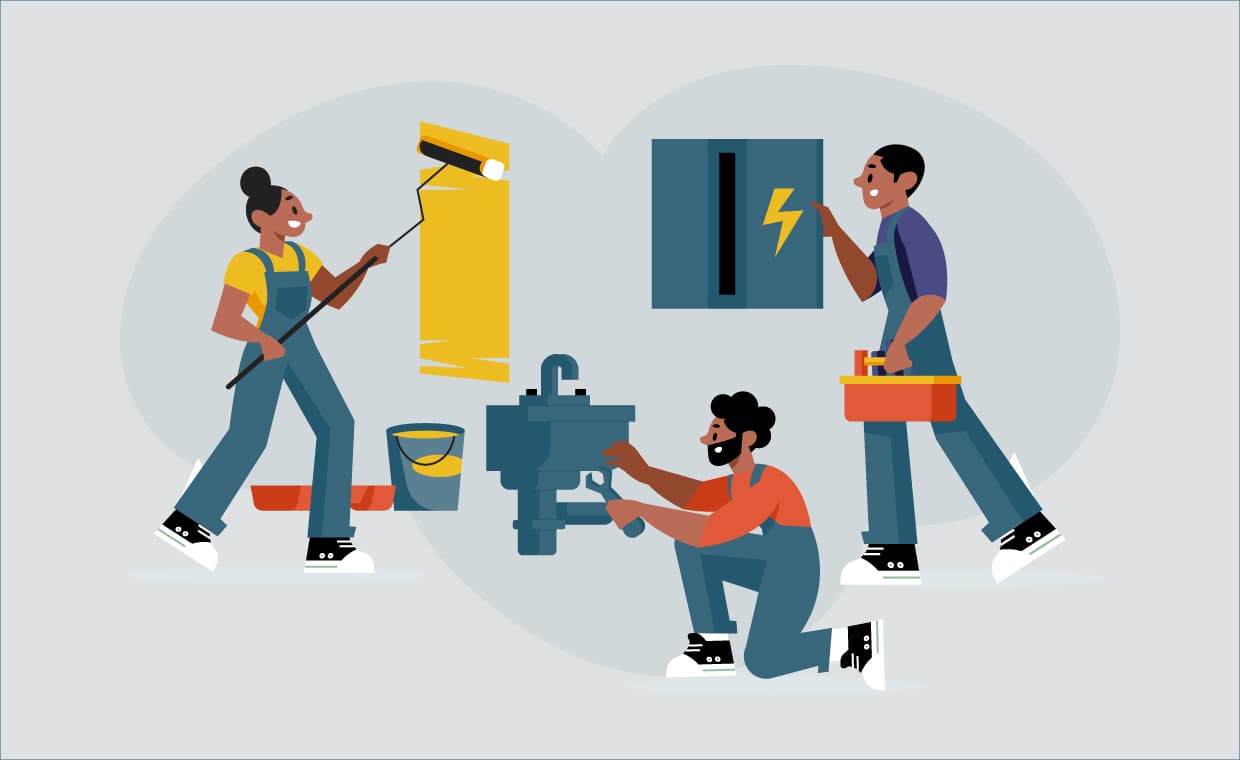
Table of Contents
Quick Summary
- Seasonal maintenance of your home prevents costly repairs.
- Inspect roofs regularly to avoid leaks and mould.
- Clean gutters diligently to stop the risk of flooding and damage.
- Service HVAC for efficiency and comfort and smart utility bill management.
- Fix plumbing leaks early to save costs and hassles.
- Flush water heater yearly for longer service life.
- Trim trees and manage landscaping to prevent damage during storms and torrential rain.
- Seal windows and doors to cut drafts.
- Test smoke and CO detectors for safety in indoor air.
- Check foundations and basements for cracks.
- Maintain electrical systems to reduce short circuit risks.
- Prepare your home seasonally with waterproofing and insulation.
- Avoid neglect, poor record-keeping, and unsafe DIY.
- Regular upkeep saves money and adds value.
- Secure home insurance for financial protection.
Seasonal Home maintenance is a mandatory activity of the homeowners. Maintaining your home in its best condition requires sound planning and effort. Do not allow minor problems to turn into expensive repairs in future, which could impact your home expenses. That’s why seasonal home maintenance is essential.
Every season comes with its own set of challenges, like freezing winter to summer heat that can slowly damage your property and depreciate its value. With regular and prudent management, you can not only avoid costly repairs but also enhance your home’s longevity, safety, and value.
Let’s explore the importance of house management and some practical tips for maintaining a proper home, season after season with a general home maintenance checklist.
Key Home Maintenance Tips to Safeguard Your Property
Proper home maintenance not only increases the longevity of your property but also lessens the likelihood of expensive repairs. Here are crucial seasonal property care tips that homeowners should adopt to maintain their homes all year round:
1. Give Regular Roof Inspections Top Priority
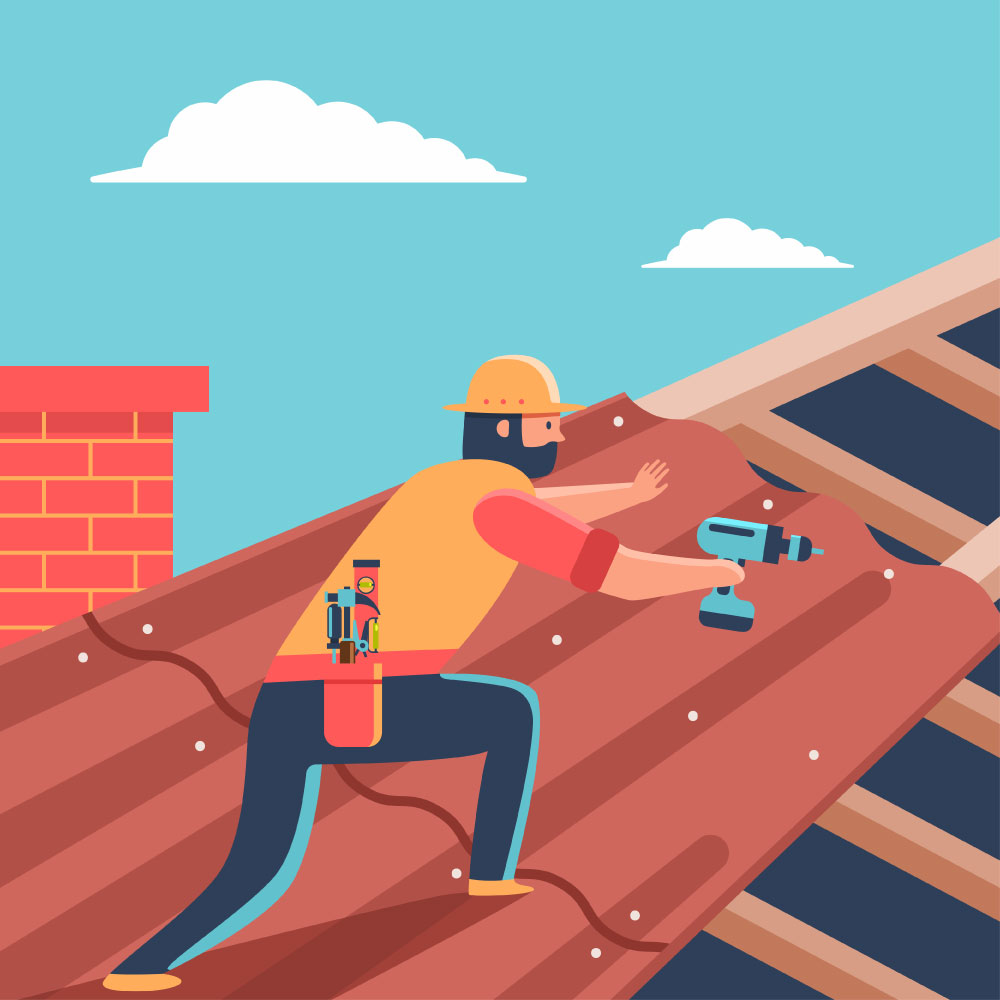
The roof is your house’s primary defence against weather-related damage. Check it seasonally, particularly after severe weather, for loose or broken shingles, moss, or leaks. Leaving minor damage untreated can lead to mould, structural issues, and ceiling damage.
With regular periodic roof maintenance, the lifespan of your home can be increased. Always get a professional to inspect it thoroughly, if necessary. Moreover, the measures like roof and gutter maintenance can significantly reduce your home insurance premiums and curb the likelihood of claims.
2. Clean the Gutters Effectively
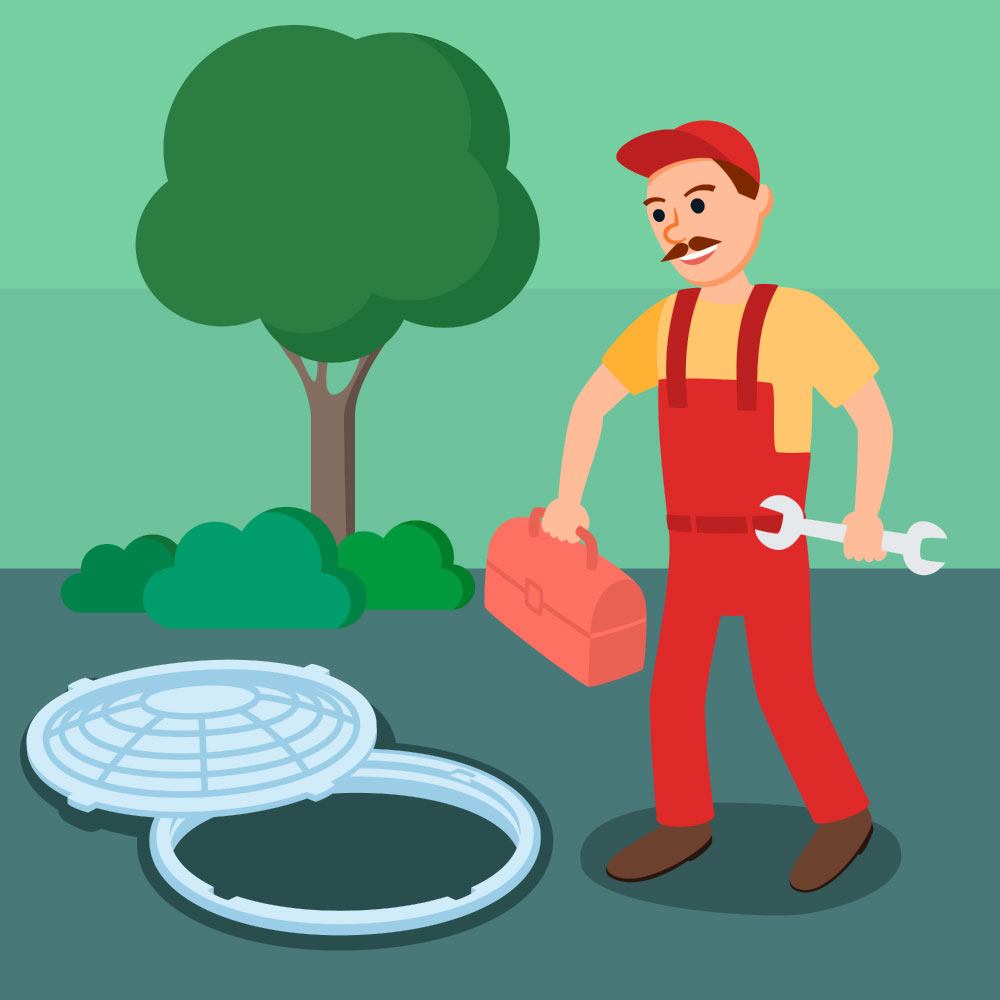
Dirty gutters can contribute to significant water damage, basement flooding, and even ruin foundations. Clean them twice a year and after intense storms to drain water from your home.
Also, be sure to check for leaks and have downspouts that channel water several feet away from the foundation. This easy maintenance is a preventive home repairs related task helps prevent long-term structural problems and can save you from high expenses resulting from water damage.
3. Check and Service the HVAC System
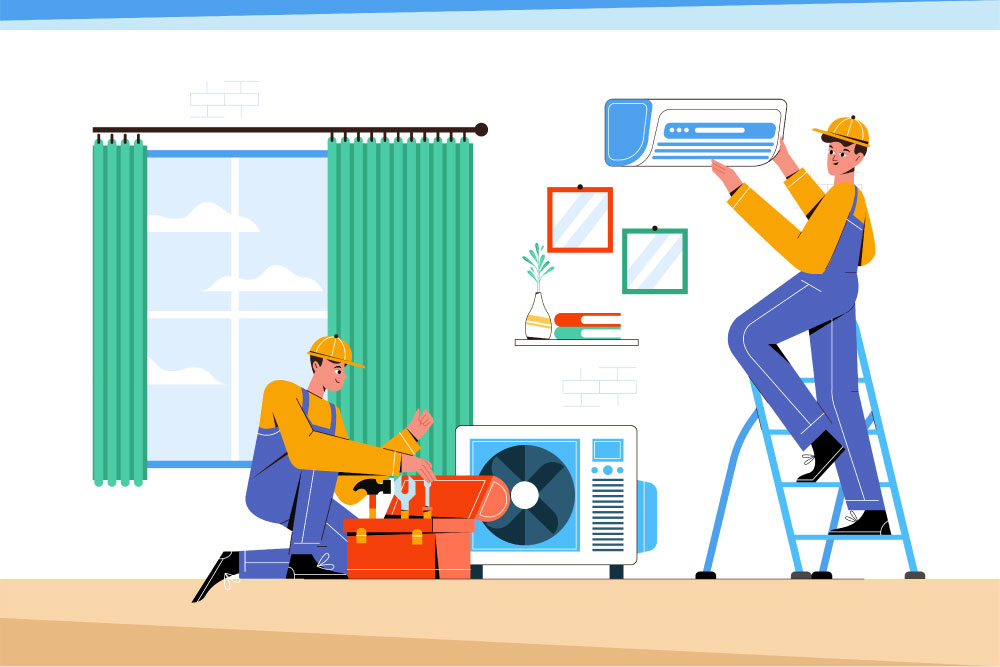
A well-maintained HVAC system provides good indoor air quality and energy efficiency. Replace filters every 1–3 months and have your system serviced professionally at least twice a year.
An ignored system can fail at any time, particularly during peak demand periods, causing inconvenience and exorbitant repair bills.
4. Check Plumbing Fixtures and Systems for Leaks
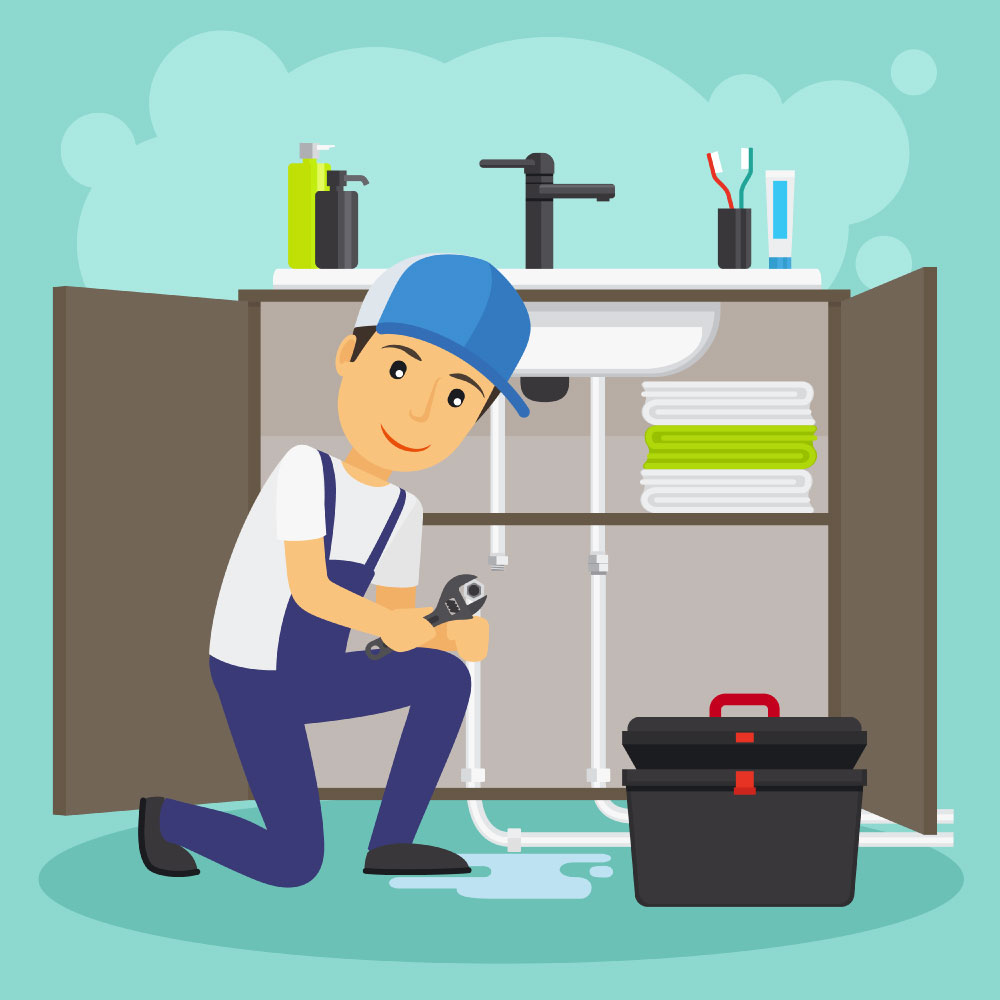
Leaky faucets and pipes can cause substantial water damage, mould, and structural problems. Check faucets, joints, and exposed pipes in your home every few months. Place smart leak detectors under sinks and appliances to receive early notification.
Early repair of even small leaks can prevent thousands in future damage costs and facilitate easier home insurance claims in the event of water damage.
5. Flush and Maintain the Water Heater

Sediment build-up in the water heater can lower efficiency and cause long-term damage. Drain and flush your unit annually, and check for corrosion around valves and fittings.
Replacing the anode rod when needed extends the heater’s life. A well-functioning water heater not only ensures comfort but also prevents unexpected emergencies that could impact both your wallet and your home insurance.
6. Trim Trees and Manage Landscaping

Untrimmed branches of the surrounding trees of your house and overly expansive roots can also harm siding, roofs, and underground pipes. Therefore, trim trees and shrubs around the house regularly, particularly before the monsoon.
Furthermore, ensure there is good drainage and keep the area around the house free of excessive plant growth. Sensible landscaping is preventive home repairs method that helps keep the exterior of your home appealing and attractive. This may also prevent potential damage, thus lowering the risk of insurance claims.
7. Seal Windows and Doors to Prevent Drafts

Windows and doors are frequent entry points for air leaks and water entry. Inspect waterproofing and seals annually for cracks or openings, and reapply as needed. Sealing enhances insulation, reduces utility bills, and prevents pests and moisture from entering.
This maintenance task is crucial in preventing damage from drafts or leaks, which otherwise threaten both comfort and eligibility for home insurance coverage.
8. Test Smoke and Carbon Monoxide Detectors
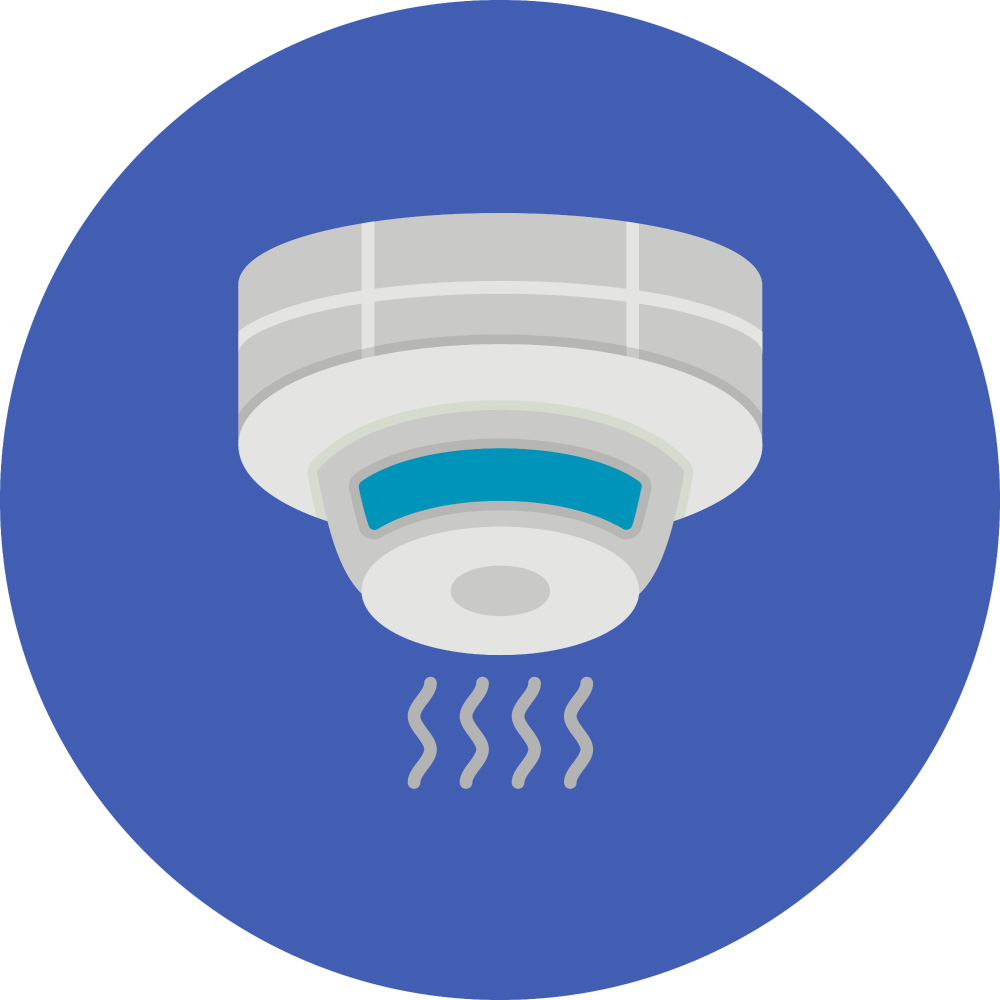
Your home’s safety depends on working smoke and carbon monoxide (CO) detectors. Inspect these devices monthly and replace the batteries annually.
Place detectors in all central locations and consider those with extended-life batteries or smart hub integration. These small devices can prove to be life-savers for the home and ensure risk avoidance.
9. Check the Foundation and Basement for Damage
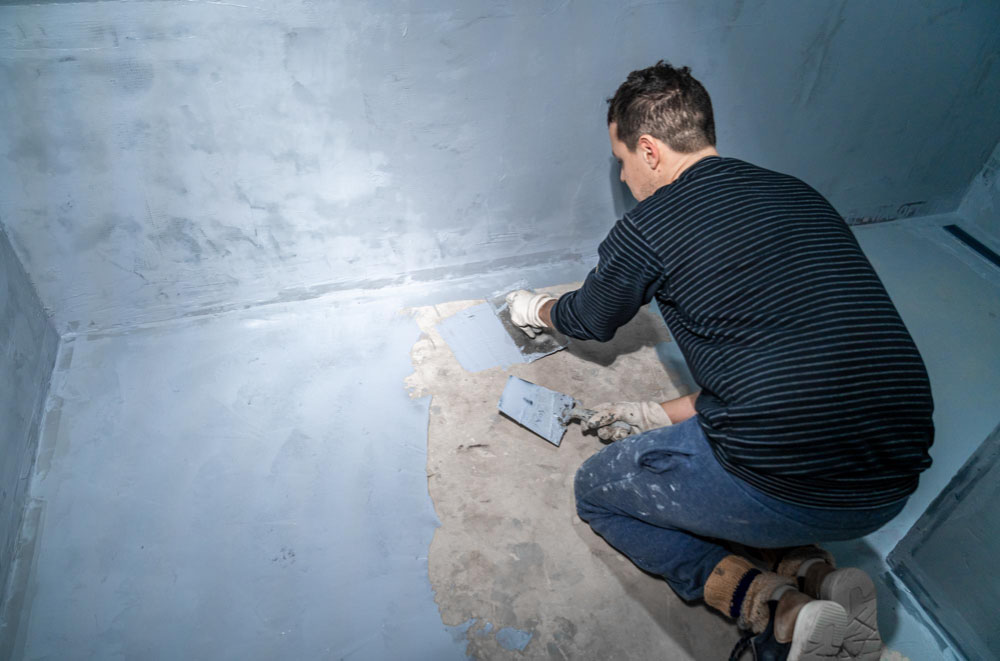
Foundation cracks or basement moisture may be symptoms of severe structural damage. Check for cracks wider than 1/8 inch and observe them over time. Ensure water is flowing away from your house, and dehumidify if necessary.
Periodic inspections help prevent expensive foundation work and maintain the structural balance of your home that forms the basis of a sound home insurance valuation.
10. Keep Your Electrical System Safe
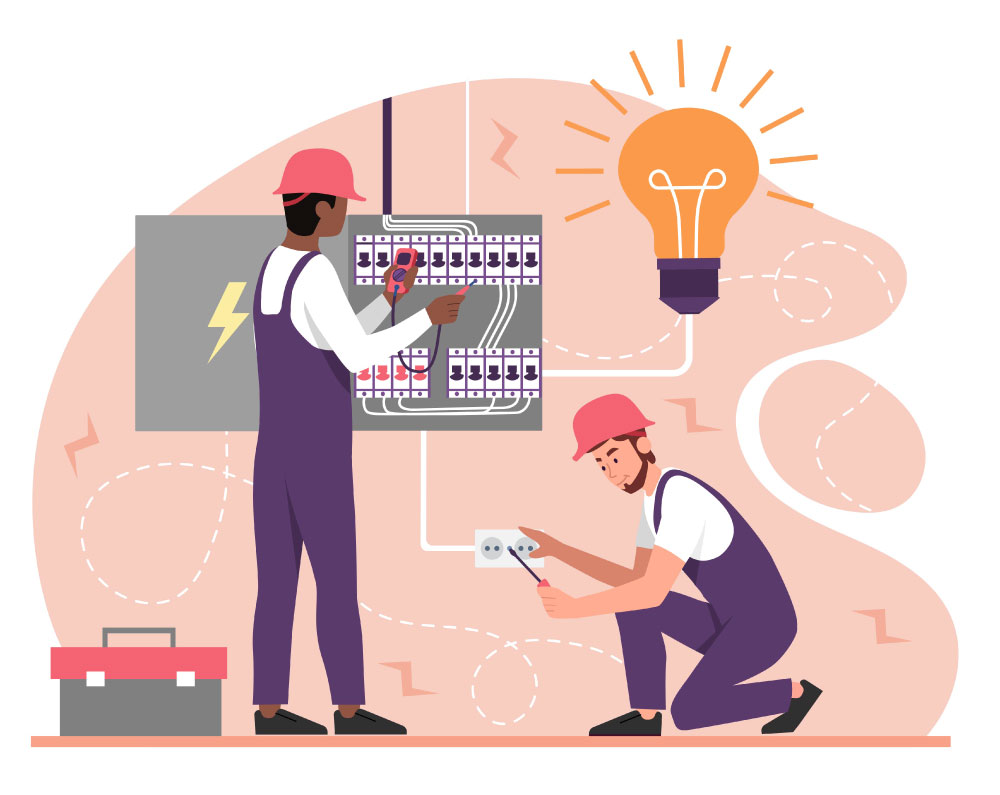
Locate your home’s circuit breaker and inspect it quarterly for signs of rust, dampness, or wear and tear. Ensure all circuits are well labelled and in working condition. Maintenance of your electrical system helps reduce fire risks and makes the home safer overall.
11. Opt for Home Insurance

Unexpected events, such as fire or natural disasters, can cause significant damage to your home and belongings. Having a reliable home insurance ensures that your home and valuables are financially protected, giving you peace of mind even in the face of unforeseen risks.
It acts as a safety net, helping you recover and rebuild without significantly impacting your savings. When selecting the right policy, it’s essential to review the coverage offered and understand the exclusions that will be applied as home insurance protection coverage for you.
Paying attention to your home insurance premium also helps you choose a plan that fits both your protection needs and your budget, ensuring your property remains safeguarded without unnecessary financial strain.
Prepare for Each Season with Smart Maintenance
India’s varied climate necessitates seasonal preparedness. Therefore, painting waterproof coatings before the monsoon, insulating water pipes before winter, and regularly cleaning drainage systems.
Inspect cracks in walls, service tanks, plumbing and HVAC care and establish back-up power for stormy weather. Being seasonally prepared helps avoid weather-related damage and reflects the preventive maintenance generally recommended by home insurance companies.
Common House Maintenance Blunders to Avoid
While maintaining your home is crucial, there are frequent errors to avoid. Here are some examples:
- Failing to Maintain Records: Documenting maintenance activities can help you stay organised and ensure that no house management tasks are overlooked.
- Overlooking Routine Inspections: Failing to inspect your home regularly can result in unnoticed problems escalating into significant issues.
- Attempting DIY without Adequate Knowledge: Trying to perform DIY repairs without sufficient understanding can cause additional damage or pose safety risks.
Summing Up
Owning a home is a huge responsibility, and seasonal home maintenance is a part of it. Although it has many benefits, it also comes with several serious obligations that you should take into consideration. By maintaining your home on a seasonal basis, you can prevent unexpected and costly surprises, as well as severe damage.
From spring roof inspections to winter pipe protection, every season presents an opportunity to safeguard your home and your wallet. A minimal investment every three months can result in significant savings, increased peace of mind, and improved results with seasonal property upkeep.
Also Read: Home Maintenance Checklist: To-Do Guide to Keep Your Home Up to Date
FAQs on Seasonal Home Maintenance
1. Why Is Seasonal Home Maintenance Essential?
Seasonal home maintenance prevents minor issues from growing into critical problems that involve costly repairs. Regular maintenance keeps your home safe, extends the life of systems, saves money on utility bills, and protects property value throughout the year.
2. How Often Should I Clean Gutters?
Gutters should be cleaned at least twice a year, ideally in spring and autumn. Extra cleaning may be needed after heavy storms or if trees shed leaves nearby to prevent clogs and water damage.
3. What is the Benefit of Roof Inspections?
Regular roof inspections detect loose shingles, leaks, or moss early. Addressing minor issues prevents mould, structural damage, and costly repairs, while also helping to maintain insurance coverage and extend the roof’s lifespan.
4. How Can I Prepare My Home for Winter?
You can keep your home ready for approaching winter with a few simple steps.Seal the windows and doors, insulating exposed pipes, servicing your heating system, and checking smoke detectors. These preventive steps lower energy bills, prevent freezing damage, and ensure safety.
5. Should I Flush My Water Heater Annually?
Yes, it is an important maintenance tip that improves the service life of a water heater. Flushing a water heater removes sediment build-up, improves efficiency, and reduces strain on the system. Regular flushing reduces corrosion and ensures supply of hot water without unexpected costly breakdowns.
























